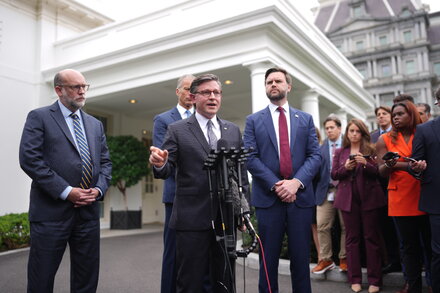Small businesses across the United States are reportedly facing significant financial strain as tariffs, initially implemented during the Trump administration, continue to impact their operations. Many owners describe a challenging economic environment where increased costs are eroding profits and hindering growth, leading to questions about long-term sustainability.
Tariffs, essentially taxes on imported goods, were introduced with the stated aim of protecting domestic industries and encouraging local production. However, for a multitude of small businesses that rely on international supply chains for raw materials, components, or finished products, these duties translate directly into higher operating expenses.
The cumulative effect of these added costs often leaves small enterprises with difficult choices: absorb the expenses, raise prices for consumers, or reduce staff. Unlike larger corporations that might have the resources to reconfigure supply chains or negotiate better terms, smaller entities frequently lack such flexibility. This can lead to reduced competitiveness and significant pressure on profit margins.
The sentiment among many small business owners reflects a deep concern over their ability to sustain operations in the current climate.
“It’s hard to breathe,” one business owner, operating a custom furniture workshop, stated, highlighting the immense pressure on cash flow and the struggle to maintain viability amidst fluctuating import costs.
This feeling is echoed by others in sectors ranging from specialty retail to manufacturing, where the cost of goods has seen a noticeable uptick. Supply chain disruptions, often a byproduct of trade policy adjustments, further exacerbate these challenges, leading to delays and increased operational complexities.
Economic analysts have noted the dual impact of tariffs, acknowledging potential benefits for specific domestic industries while pointing to broader inflationary pressures and supply chain inefficiencies for others. The debate continues regarding the long-term economic efficacy of such trade policies, particularly their disproportionate effect on smaller economic players who often operate with narrower margins.
As these trade policies remain a point of discussion, small businesses continue to navigate an environment where external economic pressures, including tariffs, pose ongoing challenges to their sustainability and growth prospects.
Source: Read the original article here.





